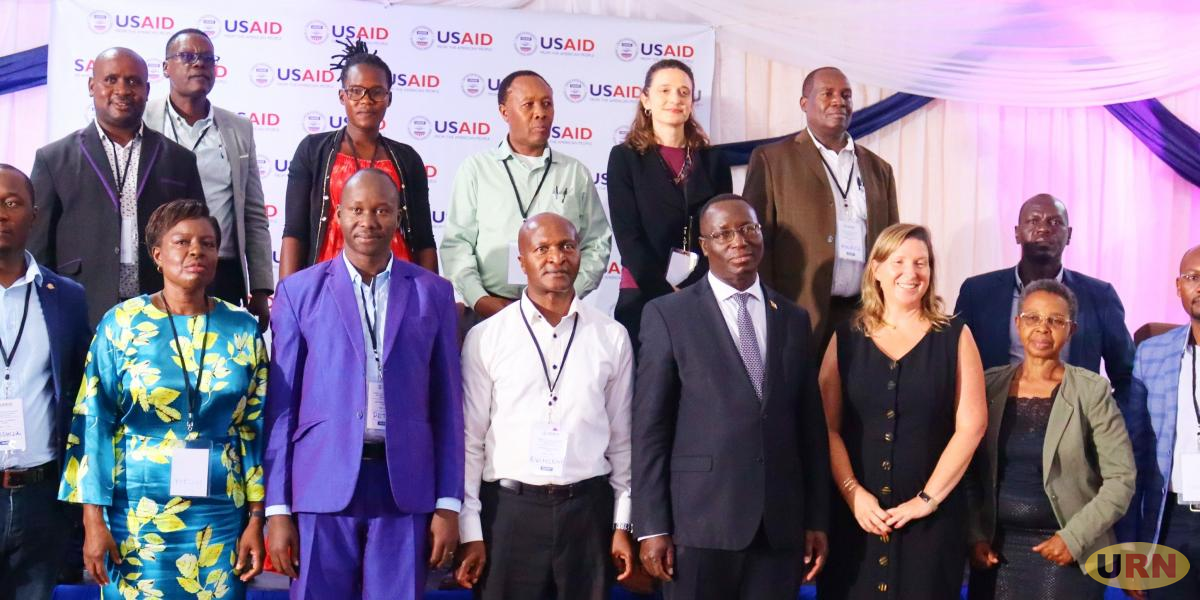A five year multi-billion shillings Integrated Community Agriculture and Nutrition – ICAN activity by the United States Agency for International Development – USAID has come to an end.
The USAID ICAN project was a flagship resilience activity inaugurated in July 2018 and ending in July 2023 to address malnutrition and help uplift Ugandans out of poverty in the Acholi, Karamoja, and Kigezi sub-regions.
Through the project, USAID addressed malnutrition in 272,907 children under the age of five as well as 40,373 pregnant and lactating women across 33 sub-counties in eight districts of Kisoro, Kanungu, Rukungiri in Kigezi, Nwoya, Gulu, and Lamwo in Acholi, as well as Kotido, and Kaabong in Karamoja.
Dorothy Muroki, the Project’s Chief of Party said the intervention increased economic opportunities for 56,262 households, helped 41,557 beneficiaries adapt to climate change, created microenterprises for 754 others, and awarded in-kind grants to 185 entrepreneurs.
Muroki told partners, and community and local government representatives at the national closeout event at Silver Springs Hotel in Kampala on Thursday that 4,811 learners were trained in life skills while 4,600 out-of-school adolescent girls underwent mentorship courses.
Goretti Bitek, a grant beneficiary of the ICAN project who represented adolescent girls from Lamwo district said she learned teamwork and the culture of saving under village saving groups which enabled her to enroll back to school after initially abandoning her studies due to financial constraints.
Kaabong District Community Development Officer, Agnes Odwar proposed that the interventions implemented by USAID should be renewed as it anchored more on the economic empowerment of the community as an approach to sustainable life-changing interventions.
Eng. Sam Kajojo Arinaitwe, LCV Chairperson, throughout the project cycle, farmers received impactful training in modern farming practices and access to financial resources which necessitates the continuation of the project for a lasting impact on the communities.
The Permanent Secretary in the Ministry of Labour, Gender, and Social Development Aggrey David Kibenge, rallied Ugandans to embrace health and nutrition as enshrined in the country’s Vision 2040 agenda which aims to eradicate poverty and food insecurity.
The USAID ICAN project cost U$ 26 million, approximately 96.934 billion Shillings, of which U$ 500,000 about 1.864 billion Shillings was disbursed to the different community groups to alleviate poverty.
According to the Uganda Bureau of Statistics – UBOS report of 2019/2020, and the Uganda Demographic Health Survey – UDHS, 2016, 20 percent of the households in the country experience monetary poverty, and 29 percent of children from six months to five years are classified as stunted.


